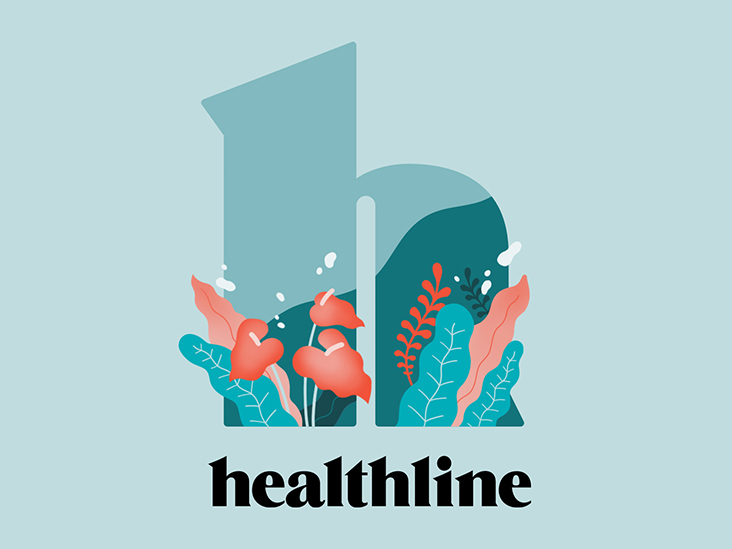Lokelma: Uses, Dosage, Side Effects, Cost, and More - Healthline

Like most drugs, Lokelma may cause mild or serious side effects. The lists below describe some of the more common side effects that Lokelma may cause. These lists don't include all the possible side effects.
Keep in mind that side effects of a drug can depend on:
- your age
- other health conditions you have
- other medications you take
Your doctor or pharmacist can tell you more about the potential side effects of Lokelma. They can also suggest ways to help reduce side effects.
Mild side effects
Swelling is the only mild side effect that has been reported in studies. For details about swelling, see "Side effect focus" below. And to learn about side effects in studies, you can see Lokelma's prescribing information.
Mild side effects of many drugs may go away within a few days or a couple of weeks. But if they become bothersome, talk with your doctor or pharmacist.
Serious side effects
Serious side effects of Lokelma can occur, but they aren't common. If you have serious side effects of Lokelma, call your doctor right away. If you think you're having a medical emergency, call 911 or your local emergency number.
Serious side effects of Lokelma that have been reported include:
* For more information about this side effect, see the "Side effect focus" section below.
Side effect focus
Learn more about some side effects that Lokelma may cause.
Swelling
Swelling, also called edema, can happen with Lokelma. In studies, swelling was usually mild to moderate. It may be more common in people taking higher doses of Lokelma.
Lokelma contains a form of sodium (salt) as its active ingredient (the ingredient that makes the drug work). Too much sodium in your body can cause your body to hold on to more fluid, which can lead to swelling. It isn't clear how much sodium your body may hold on to while you're taking Lokelma.
What might help
If you have swelling when taking Lokelma, talk with your doctor. They may recommend that you limit sodium in your diet.
Another way to reduce swelling is to take another medication that releases water from your body. Your doctor may prescribe this type of medication, which is called a diuretic.
If you have certain heart or kidney conditions, or if you currently need to limit how much sodium is in your diet, your doctor might monitor you for swelling during your Lokelma treatment.
Low potassium level
Lokelma is used to treat hyperkalemia (high potassium), and sometimes you can develop hypokalemia (low potassium) as a side effect.
You might only have symptoms of hypokalemia if your potassium levels drop below a certain level. Your doctor can tell you what is considered a low level of potassium.
Symptoms of low potassium may include:
Severe hypokalemia can be life threatening.
If you're having hemodialysis (a treatment that filters waste from your blood) while you're taking Lokelma, you're more likely to have severe hypokalemia. See "What should be considered before taking Lokelma?" below for details.
What might help
Your doctor may change your dosage of Lokelma or have you stop taking it if your potassium level becomes too low. They'll monitor your potassium level with blood tests during your treatment. Be sure to tell your doctor about any symptoms of low potassium right away.
Allergic reactionSome people may have an allergic reaction to Lokelma.
Symptoms of a mild allergic reaction can include:
- skin rash
- itchiness
- flushing (temporary warmth, redness, or deepening of skin color)
A more severe allergic reaction is rare but possible. Symptoms of a severe allergic reaction can include swelling under your skin, typically in your eyelids, lips, hands, or feet. They can also include swelling of your tongue, mouth, or throat, which can cause trouble breathing.
Call your doctor right away if you have an allergic reaction to Lokelma. But if you think you're having a medical emergency, call 911 or your local emergency number.
Comments
Post a Comment